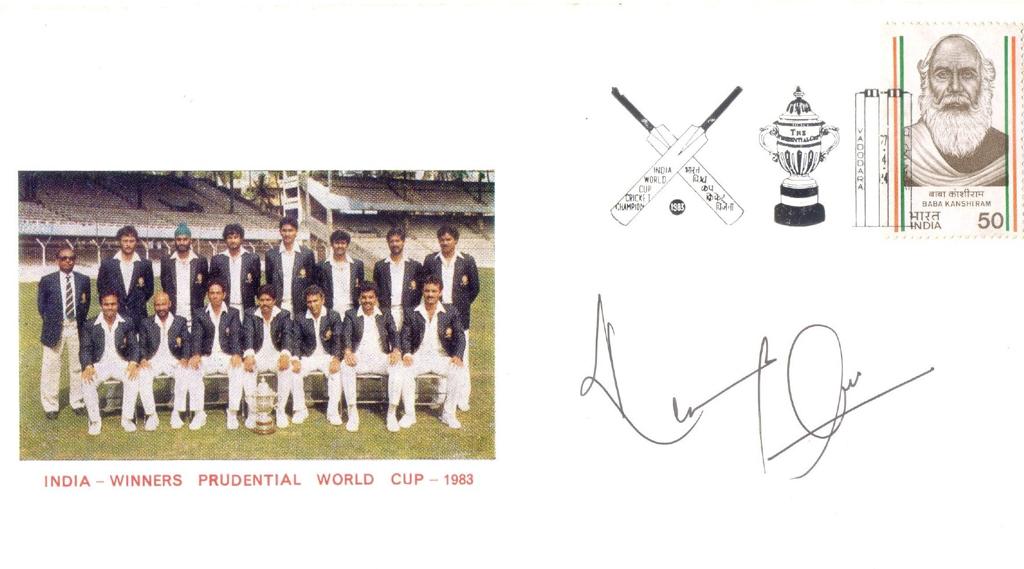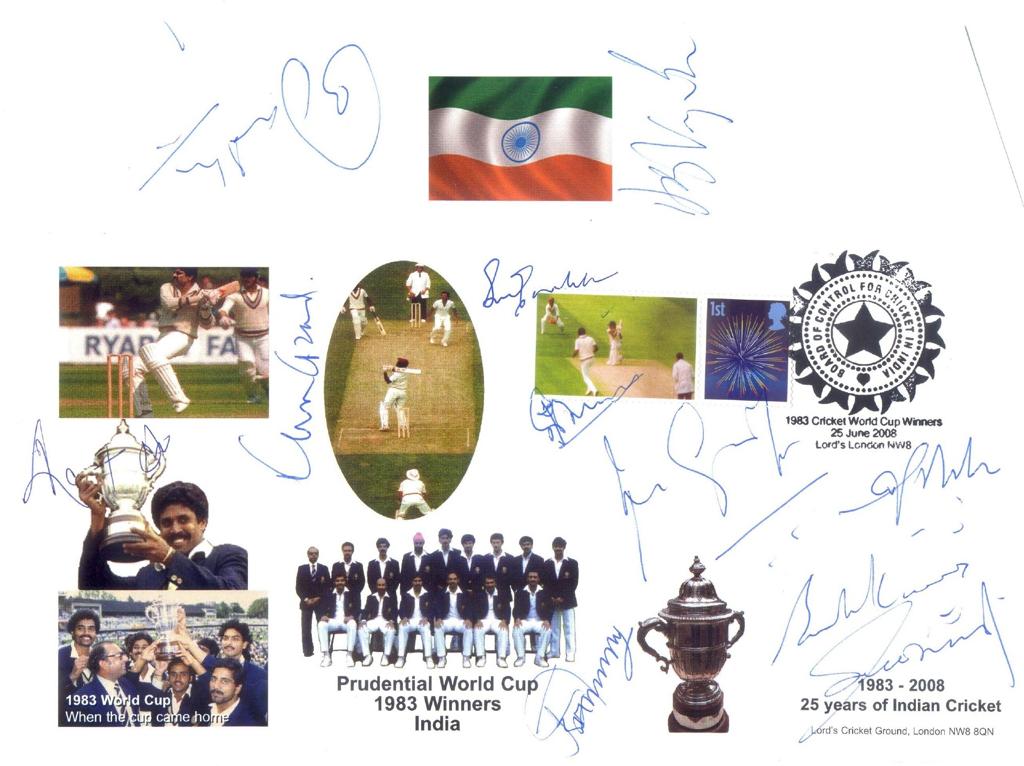
The Lagaan victory
While the 1983 final transformed Indian and world cricket forever, the other match of immense significance was the victory over England in the semi-final. This was more because of the derisive reportage in the British press from the start of the tournament, a pattern of sneering that climaxed when it was known that England was pitted against India for a place in the final. English writers were sure of England winning and, as John Thickness declared in The Standard, a semi-final against India had given England a virtual passport to the final. Similarly, for Mathew Engel of The Guardian, there was no rational explanation for India’s triumph over Australia and entry into the knockouts of the tournament.
The worst, however, was David Frith. Ahead of the tournament, Frith had urged the Indians to withdraw from the competition, a suggestion that provoked serious outrage from Man Singh, the erstwhile Prince of Jaipur, who was then a resident of the United States of America. Writing after the Indians had won the tournament, Man Singh stated, ‘I try to keep up with all the cricket news and scores by reading British journals and papers. I used to subscribe to another leading journal but since its writers were too biased, I decided to change to Wisden. I find now your journal is guilty of the same sin. I like to read about cricket from a writer who is fair in his reporting, not one-sided. I refer to David Frith’s preview of the World Cup in the June WCM. He really berates the Indian team and suggests that they should withdraw from this tournament. I don’t know how far back he goes but I go back quite a way, and back in 1948, when [Don] Bradman’s Australians—with Lindwall and Miller—were demolishing England with scores as low as 52 in Tests, no one suggested England should withdraw from Test cricket.’
And then, in true celebratory mode, he goes on to suggest, ‘I saw this year’s semi-final against England, and what a demolishing England got from India, the same team he wants to withdraw from the tourney…I am enclosing the cutting from my copy of WCM with the remarks that have so inflamed me. In all fairness to good journalism and sportsmanship, Mr. Frith should eat this, be a good sport and swallow the lousy paragraph he wrote.’

Much has been written on the final in the last two decades. That the achievement had not been digested overnight in India is evident from the rather tame match reports following the stunning victory. It was only a day later that the reality dawned and the Press Trust of India (PTI) reported: ‘Jubilant Indian players and their supporters celebrated India’s sensational win in the World Cup with champagne and Bhangra till the early hours of yesterday morning.’
Even Pakistani stalwarts like Abdul Qadir and Sarfraz Nawaz joined the Indians, and the huge bottle of champagne that Amarnath had earned as Man of the Match, was emptied in no time. ‘Indian supporters, many carrying the tricolour would not leave the Lord’s cricket ground hours after India’s victory as they waited for Kapil and his team to come out from a reception hosted by the MCC,’ said the PTI report. ‘Later, they went to the hotel to cheer their heroes.’
The headlines in the English papers summed it up perfectly. The Times declared, ‘Kapil’s men turn world upside down: Cannon fodder turned cannon.’ The Sunday Express reported that India’s victory was the biggest upset in cricketing history. Finally, Tony Lewis wrote in The Sunday Telegraph that India had performed one of the ‘most mystical acts in her long cricket history.’
Also Read: How Lata Mangeshkar Sang for India’s World Cup Heroes



